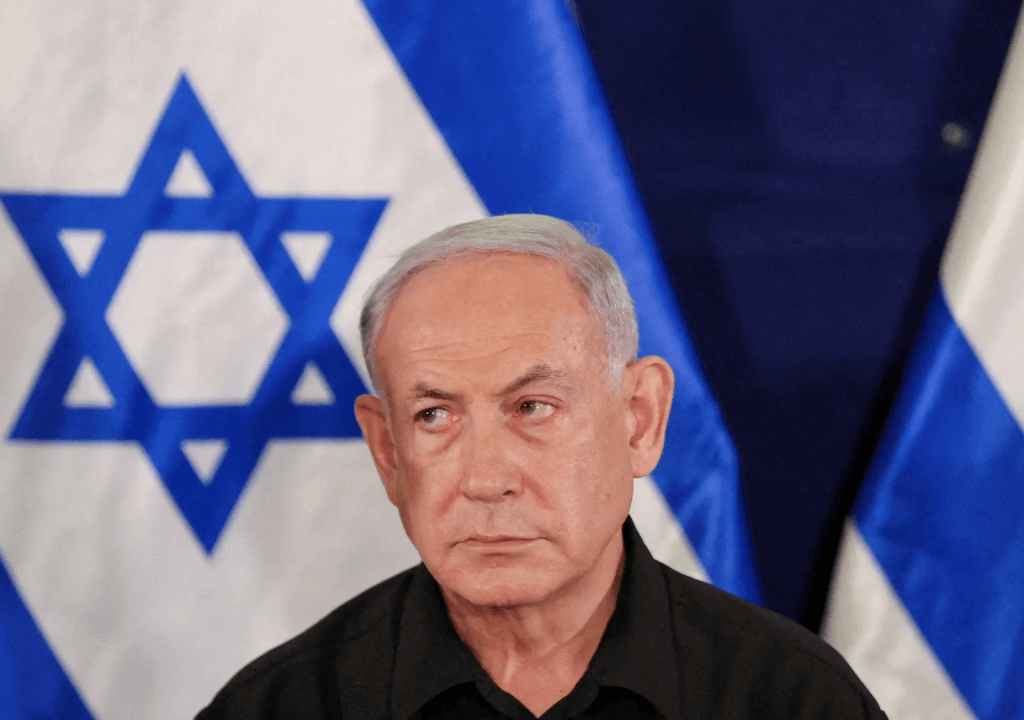In Tel Aviv and throughout Israel, thousands of demonstrators have assembled, demanding that the government negotiate the release of captives held by Hamas in Gaza and call for early elections. Israel, now under a new coalition led by long-standing leader Benjamin Netanyahu due to emergency circumstances, is launching attacks on Gaza and expanding operations to Lebanon and Syria. Dissatisfaction with the government is also mounting among the Israeli population, fueled by the failure to secure the release of hostages held by Hamas and poor governance. As international pressure, particularly from the US and UK, intensifies regarding the government’s actions in Gaza, reports indicate a growing sense of dissent among the Israeli populace, with calls for elections gaining traction.
Israeli Minister Benny Gantz, a key figure in the government’s war cabinet and a prominent rival of Prime Minister Benjamin Netanyahu, is spearheading calls for early parliamentary elections in September amidst growing pressure fueled by the Gaza conflict. Dissatisfaction with Netanyahu’s extended leadership, marked by authoritarian tendencies and allegations of corruption, has been simmering for some time. Netanyahu has held the prime minister’s office since 2009, with only a brief hiatus from June 2021 to December 2022. The recent Hamas attack has momentarily fostered unity among the populace and opposition parties. However, as tensions rise, the focus shifts to the issue of hostage release, prompting criticism that Netanyahu is leveraging the conflict to divert attention from other pressing matters.
Gantz, the leader of the National Unity Party and a former Alternate Prime Minister, Deputy Prime Minister, Defence Minister and retired army general, currently serves as Minister without Portfolio in the wartime government since 2023. Gantz recently called for elections during a statement from his position in the Israeli parliament, proposing a date in September or on the first anniversary of a conflict that would be agreeable to all parties.
The current government of Israel, the thirty-seventh in its history, was established in 2022 following the Knesset election. Led by Prime Minister Benjamin Netanyahu for the sixth time, this coalition government comprises seven parties: Likud, United Torah Judaism, Shas, Religious Zionist Party, Otzma Yehudit, Noam, and the National Unity Party, with notable representation from the far right. Following the outbreak of the 2023 Israel-Hamas conflict, opposition leader Yair Lapid joined Netanyahu and formed an emergency government.
The Likud party, under the leadership of the prime minister, dismissed the suggestion for an early election, contrasting with the support it received from other quarters. Senator Schumer echoed the sentiment, endorsing early elections due to a substantial majority of the Israeli populace favoring it in a significant poll. Yet, the prospect of early elections hinges on securing the agreement of 61 elected officials in the Knesset, where Likud holds the largest number of seats but falls short of a majority. Likud voiced opposition to holding a national poll during wartime, expressing concerns that it could induce paralysis and interfere with military operations in Gaza.
With awareness of Netanyahu’s waning popularity and widespread dissatisfaction with the current government, Likud confronts significant hurdles. Recent polls suggest that in the event of early elections, Gantz would eclipse Netanyahu in popularity, a trend particularly evident since October 7. Israel is currently grappling with a multitude of challenges. International discontent is mounting due to escalating casualties, reports of military operations, and civilian suffering in Palestine, including the deaths of foreign aid workers. The absence of progress toward hostage release further exacerbates the conflict. As the war persists, drawing criticism from foreign powers such as the US and UK, and with countries like Spain voicing strong objections, domestic protests and calls for elections pose formidable challenges for Netanyahu’s administration.








